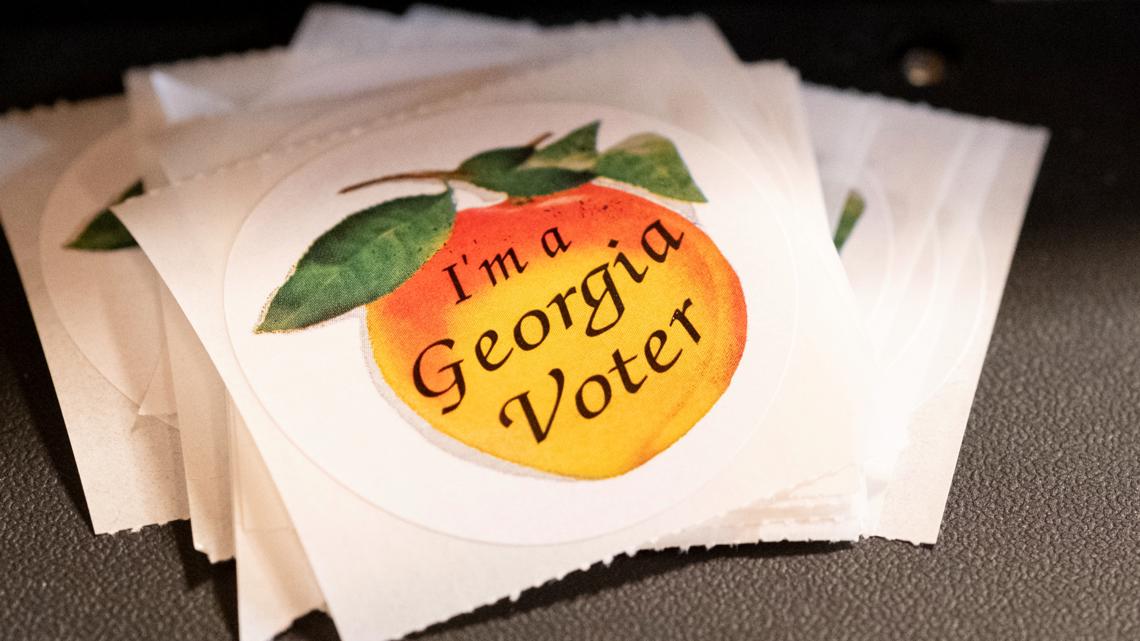July 1, 2024, may be the second date in American history that will live in infamy.
In a 43-page, 6-3 decision, the right-wing, Republican-appointed, ethically challenged cabal on the U.S. Supreme Court fundamentally and radically altered 235 years of American jurisprudence by ruling that one man, Donald John Trump, is, in fact, above the law.
This case was spurred by the Justice Department’s criminal indictment of Trump on charges that he conspired to defraud the United States by spreading “knowingly false” claims of election fraud and unlawfully seeking to subvert the 2020 presidential election results.
The nation’s highest court was tasked with determining whether Trump’s lawyers were correct in asserting that the former president had immunity from criminal prosecution simply because he was president when he committed his alleged crimes against our nation.
And the court failed spectacularly to deliver a majority opinion that was in any way in keeping with common sense, logic, history and the basic principles of democracy.
The court’s failures
— First, there is no presidential immunity from criminal prosecution in either the text or history of the Constitution, or in any case precedent.
Nevertheless, the “originalist/textualists” in the high court cabal — led by Chief Justice John G. Roberts Jr. — somehow still held that under “our constitutional structure of separated powers, the nature of Presidential power entitles a former President to absolute immunity from criminal prosecution” for “exercise of his core constitutional powers.”
There was, the chief justice acknowledged, a quandary at the heart of this matter, because Trump is the first-ever former president facing criminal prosecution. So Roberts apparently decided that he and the majority would just make things up as they went along.
— Second, the court’s majority shamelessly tried to channel the framers, somehow divining what they really thought. No historian of our republic’s founding believes any framer thought the president could be above the law.
In friend-of-the-court briefs, 15 prominent historians presented overwhelming evidence that our Founding Fathers strongly opposed any notion of executive immunity.
— Third, the court paid lip service to the long-standing principle that no president is above the law, but then proceeded to place Trump squarely above it, providing “absolute immunity” for all core constitutional powers, no matter how nefarious the purpose or goal for which they were exercised.
Ridiculously, the court also invented a new “presumptive immunity” from prosecution for “acts within the outer perimeter of his official responsibility,” requiring prosecutors to prove that prosecution would pose “no dangers of intrusion on the authority and functions of the Executive Branch.”
Official vs. unofficial acts
The court acknowledged that a president enjoys no immunity for “unofficial acts.” However, distinguishing “official” from “unofficial” is the rub.
Roberts’ opinion offered minimal “guidance” on how acts should be categorized. Of the several acts accused in the Justice Department indictment against Trump, the court said only one could be “readily categorized” as “official”: Trump’s discussions with the man who was his acting attorney general at the time that the former president was plotting to subvert the 2020 presidential election.
For good measure, the court then created two additional hurdles to prosecution, ruling that (1) the president’s motives cannot be probed and (2) an action cannot be unofficial merely because it violates a law.
Despite going into great pains to point out that such determinations should be made in the first instance by lower courts, the right-wing supremes then proceeded to do it themselves for Trump in two instances:
— They decreed that Trump is absolutely immune for the discussions he held with the Justice Department. Those discussions included plans to send false letters to states and create fake electors and Trump’s threat to fire his attorney general for not carrying out his election subversion scheme.
— And they ruled that he is “presumptively immune” for discussions with former Vice President Mike Pence, even though he pressured Pence to fraudulently alter election results.
All other acts alleged in the indictment must be closely scrutinized in the first instance by the U.S. District Court for the District of Columbia to determine whether they are “official” or not, the majority opinion held.
‘Nonsensical’ rule
Further hamstringing prosecutors, the court invented a new rule of evidence: No “official” act for which there is immunity can be used as evidence to support prosecution of “unofficial acts.” This is a rule that Justice Sonia Sotomayor called “nonsensical” in her dissent.
The court at least rejected out of hand Trump’s silly claim that a president can only be prosecuted if he is first impeached and convicted.
While the exercise of specific, enumerated presidential powers — such as granting pardons, removing executive appointees, recognizing foreign countries, appointing ambassadors, signing legislation — are easy to “categorize” as “official,” others are not. In fact, Trump’s lawyers argued, unsurprisingly, that virtually everything he said or did was “official” — they asserted that he was just protecting the integrity of the election (while seeking to subvert it, go figure).
The consequences
With this court ruling now the law of the land, a president can do almost anything and call it an “official” act, including instituting a coup, overturning an election and siccing the Justice Department on his political opponents. After he leaves office (if he leaves), he could be charged with a crime, but he would have at least a presumption of immunity, and then face a hearing on whether an act was “official” in which no evidence of motive would be admissible. This new process is, frankly, a joke and places no restraint whatsoever on a convicted felon and/or criminally inclined president.
Those hoping to keep Trump from returning to the Oval Office now merely have to say, “If you thought Trump was dangerous before, now he would be unrestrained by any law — an actual dictator.”
What is almost astounding as the result was the absence of legal reasoning, textual reference, historical basis and/or precedent in the majority opinion. The six unelected justices are not legislators, yet they created out of whole cloth new sweeping legal immunities, rules of evidence and criminal procedure. And their justifications for doing so came across more like the arguments of K Street lobbyists rather than legal scholars.
This decision is not only unsupported by text, history, precedent and logic, it should also be deemed illegitimate as three in the majority were appointed by the criminal defendant and two others were compromised due to their spouses’ political activity on the defendant’s behalf.
Powerful dissent
U.S. Supreme Court dissents are seldom scary.
Justice Sotomayor’s dissent is, however, terrifying.
Reading just her second sentence sent chills down my spine: The court’s decision, she wrote, “makes a mockery of the principle, foundational to our Constitution and system of Government, that no man is above the law.”
“Argument by argument,” she continued, “the majority invents immunity through brute force.” She called this “deeply wrong” and predicted it “will have disastrous consequences for the Presidency and for our democracy.”
Sotomayor described the long-term consequences of the decision as “stark.”
She wrote: “The President of the United States is the most powerful person in the country, and possibly the world. When he uses his official powers in any way, under the majority’s reasoning, he now will be insulated from criminal prosecution. Orders the Navy’s Seal Team 6 to assassinate a political rival? Immune. Organizes a military coup to hold onto power? Immune. Takes a bribe in exchange for a pardon? Immune. Immune, immune, immune.”
She concluded with two stunning statements: “In every use of official power, the President is now a king above the law. … With fear for our democracy, I dissent.”
James Madison and Alexander Hamilton are turning in their graves. Richard Nixon is dancing in his.
Sotomayor was right to strike a grim tone. We should be afraid. Very afraid.
M. Kelly Tillery is an intellectual property litigator with more than 40 years of experience. A Lancaster County resident, he is the author of the books “Sidebar: Reflections of a Philadelphia Lawyer,” and “Sidebar, Too: More Reflections of a Philadelphia Lawyer.” He has written extensively on Abraham Lincoln.





![A lawyer examines US Supreme Court ruling on presidential immunity [column] | Local Voices](https://bloximages.newyork1.vip.townnews.com/lancasteronline.com/content/tncms/assets/v3/editorial/3/d7/3d7d3bf2-77e7-11ed-a32b-db0ec17f5d7c/639371097e4d5.image.jpg?crop=350%2C350%2C0%2C36&resize=200%2C200&order=crop%2Cresize)







